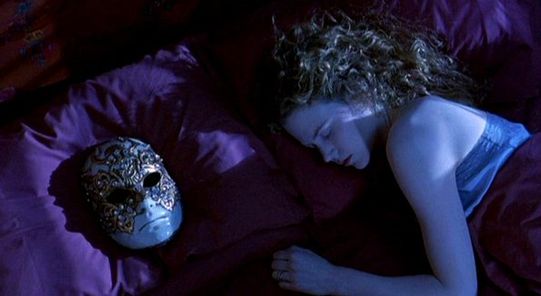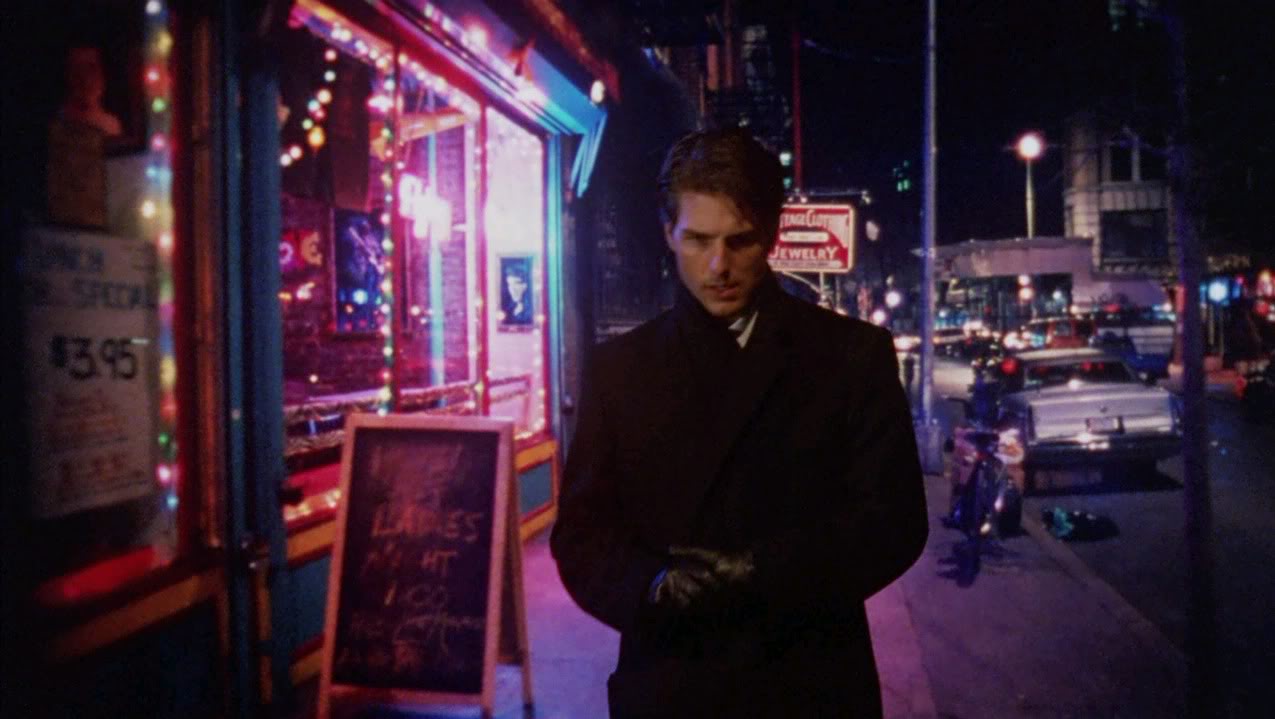Commissioned by BFI Video for an April 2015 release. — J.R.

Charlie Chaplin, the late Gilbert Adair liked to assert, doesn’t simply belong to film history; he belongs to history. And the same might be said for Roberto Rossellini’s first major feature, Roma città aperta. Even though it’s routinely regarded as a landmark in film history — the film that decisively put Italian Neorealism on the global map — one could argue that its lasting importance owes far more to the major role it played in humanizing the Italian population for the rest of the world after it emerged from over two decades of Fascist rule under Benito Mussolini.
We don’t hear much about that Fascist rule in Rome Open City, an omission that entails a historical simplification, albeit an understandable as well as an expedient one — not so much an expression of “first things first” as an expression of “second things first,” viewed by most audiences around the world from the vantage point of the war’s end. A project that was first conceived in August 1944, only two months after the Allies had forced the Nazis out of Rome, the film was driven primarily by a desire to expose the brutalities and indignities suffered by Romans under the German occupation as well as the discovery of a common purpose between the Communist and Catholic partisans who had opposed it. Read more
I can’t recall when this was written or what occasioned it (apart from the initial reviews of Eyes Wide Shut when it opened in 1999). — J.R.

Much of the negative critical response to Eyes Wide Shut came from indignant New Yorkers who felt their city had been misrepresented — worst of all, by a native of the Bronx and onetime Manhattan resident who had dared to expatriate himself. “It’s difficult to make a movie about a city you last set foot in 35 years ago,” J. Hoberman wrote in the Village Voice, sidestepping the hypothesis that Kubrick’s last film might be about something else — some elusive, shifting city of the mind, perhaps, as shared by the fearful dreams and imaginations of a married couple. Similarly, Stuart Klawans’ complaint in The Nation that he couldn’t buy “a Village jazz club with a tuxedoed headwaiter and a last set ending at midnight” overlooks the possibility that Kubrick couldn’t either, any more than he could believe in an intersection in that same Village of Miller and Wren — two nonexistent streets even when he lived in the city.


The film is full of such “off” details, and not simply because all of it was shot in an English studio. Read more
From the Chicago Reader, January 10, 1992. — J.R.

THE FILMS OF MIKE LEIGH
Among the buzzwords Marshall McLuhan coined in the 60s, “global village” has always seemed one of the more dubious. The naive notion that TV brings the whole world to our doorsteps — and presumably our doorsteps to the rest of the world — seems founded on assumptions that don’t bear close scrutiny. What do we mean by “the world,” for instance? And what do we mean by TV? TV may afford us some touristic glimpses of elsewhere, along with all the usual ideological baggage of the tourist, but when it comes to closer and better understandings of foreign cultures, I suspect TV may do more harm than good by fostering complacent illusions of knowledge: images wrapped in tidy American sound bites for easy consumption, postage-stamp peeks into worlds often defined in part by what we still don’t know.
What TV seldom offers us — unless we understand other languages and possess satellite dishes — is the rare privilege of overhearing other cultures talk to themselves, experiencing them from within rather than on our terms. To be on the inside looking out offers a different kind of knowledge, attained more by osmosis and intuition than by simplification, translation, or exegesis. Read more





